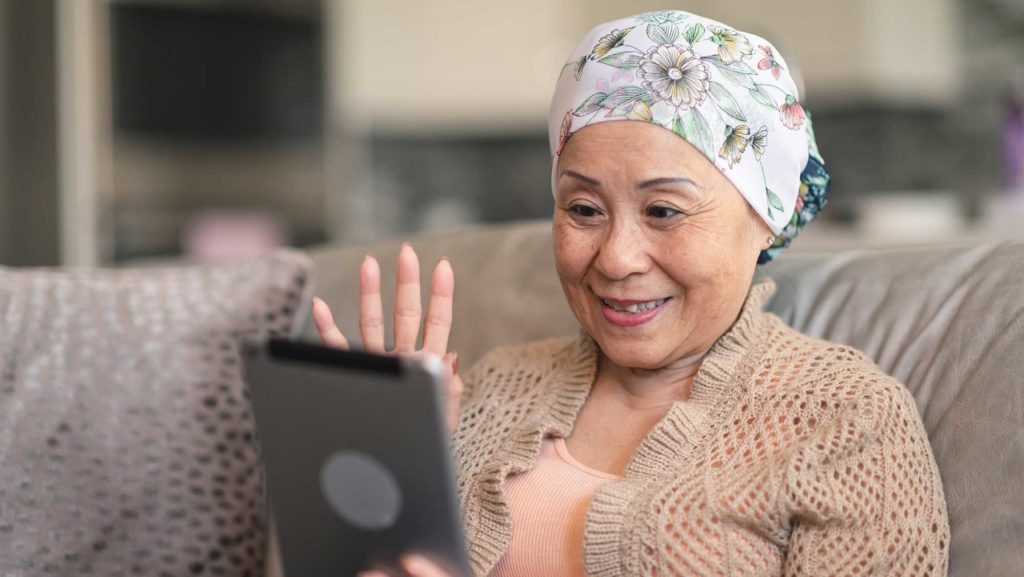
AMDA–The Society for Post-Acute and Long-Term Care Medicine is pleased that the federal government is taking more seriously the need to relax restrictions on prescribing medication via telehealth, a spokeswoman said.
Regulation around telemedicine, particularly as it relates to eldercare and end-of-life, should be guided by the principle of medical necessity, said Dallas Nelson, CMD, and chair of AMDA’s telehealth subcommittee.
The DEA may re-evaluate its rules on prescribing controlled substances via telehealth appointments, following a deluge of 38,000 public comments on the initial rulemaking that would have tightened telehealth prescriptions for controlled substances, particularly those used frequently in long-term care facilities.
The DEA posted notice on its website last Friday that it is willing to consider a special registration process for certain controlled medications that would allow telemedicine prescribing without an in-person medical evaluation.
“I think it would be inappropriate, given the uniqueness of environments and patients we are serving, many with a high need for controlled substances at end of life, to not be able to offer that,” AMDA’s Nelson said. “Doctor distribution is growing shorter all the time, and by allowing access to things like behavioral health via telemedicine, we are extending a short workforce.”
In April, another long-term care-related industry organization, LeadingAge, sent a letter to the DEA asking it to consider some key exemptions for nursing home, hospice and palliative care patients so their access to controlled medications would not be disrupted or require in-person medical appointments.
“We do not believe prescribing controlled medications using telehealth for hospice patients or residents in long-term care is a high-risk situation that requires the guardrails outlined in DEA’s proposed rule,” wrote Katy Barnett, LeadingAge’s director of home care and hospice operations and policy.
The new rules prohibited people from receiving 30-day prescriptions for more Schedule II narcotics without at least an initial in-person medical visit.
The agency announced on May 9, just two days before the COVID-19 public health emergency expired, that it would extend flexibilities for controlled substance prescriptions until Nov. 11.
The DEA’s listening sessions will take place at its headquarters in Arlington, VA, on Sept. 12 and Sept. 13. Members of the public must register to attend in-person by Aug. 21. The agency will allow a limited number of 10-minute presentations by the public.



